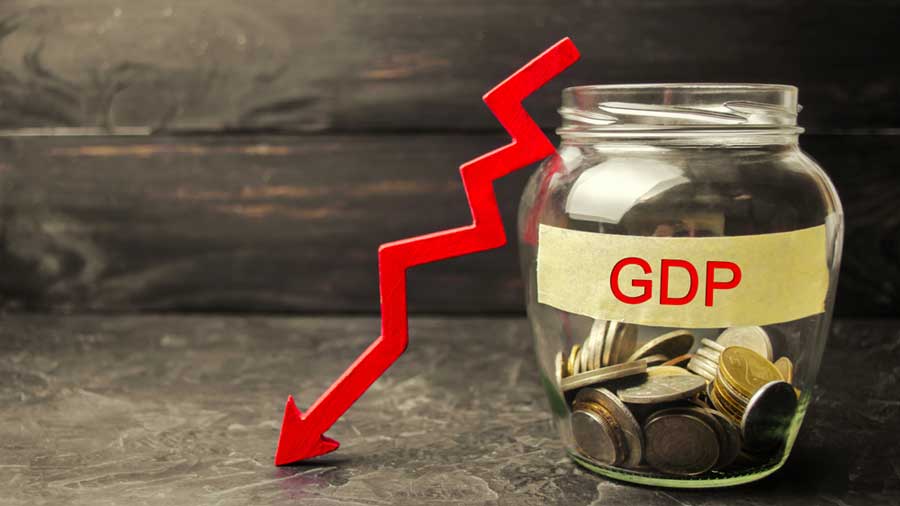The RBI may have cut its growth forecast to 9.5 per cent for the domestic economy but it is not in sync with lower projections made by other economists.
Several economists have sharply cut their growth forecasts for the current fiscal. State Bank of India (SBI) has put it at 7.9 per cent, down from the earlier projection of 10.4 per cent growth. Most of the experts expect the economy to grow only in single digits, though there are a couple who feel that the number will be over 10 per cent.
One of the reasons behind RBI’s growth estimate was its optimism that the pace of vaccination will pick up in the coming months.
However, with uncertainty still remaining on the effect of the second wave and how a third wave will pan out, economists such as Soumya Kanti Ghosh, group chief economic adviser, SBI, feel that there will be quicker revisions in the central bank’s forecasts from six months earlier to around three months given the current environment.
Ghosh also feels that the sharp pick-up in growth estimated by the RBI during the third quarter of this fiscal may not materialise.
“We are sceptical of a sharp pick-up in growth outlook in the third quarter given the devastation in the rural economy and the slow vaccination. Thus the RBI forecast of 9.5 per cent could be more of a sombre signaling of a weak growth outlook as of now,’’ he said.
Economists at Yes Bank too indicate that there could be downside risks to the RBI’s growth projections, even as inflation fears are rising.
“The growth-inflation mix is worsening for the RBI. The downward revision of 2021-22 real GDP growth projection to 9.5 per cent highlights the economy-wide stress to revive growth impulses. Though the RBI highlighted tailwinds to growth, in our view the downside risks to this print comes from increased uncertainty through higher economic costs and health expenses going forward,’’ they said.
Moreover, RBI’s efforts to boost credit outflow are yet to be reflected in actual numbers. Abheek Barua, chief economist, HDFC Bank, indicated that banks may also be looking out for some form of credit guarantees to de-risk.
Ghosh, however, feels that the credit offtake is low as corporates have deleveraged by repaying high-cost loans through funds raised via bond issuances. He added that their willingness for new investments remains low due to all-pervasive uncertainty.










